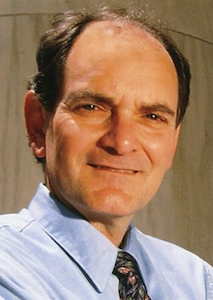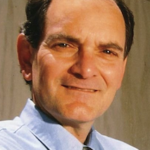
July 8, the Centers for Medicare & Medicaid Services announced its proposed physician fee schedule for next year. Two new advance care planning codes that had been recommended by the American Medical Association are included and are funded. Both codes apply to physicians or other qualified health professionals providing advance care planning services. They are:
- CPT code 99497: “Advance care planning including the explanation and discussion of advance directives such as standard forms (with completion of such forms, when performed), by the physician or other qualified health professional; first 30 minutes, face to-face with the patient, family member(s) and/or surrogate”
- CPT code 99498, an add-on code: “Advance care planning including the explanation and discussion of advance directives such as standard forms (with completion of such forms, when performed), by the physician or other qualified health professional; each additional 30 minutes (List separately in addition to code for primary procedure)”
If included in the final rule, this will be the first time advance care planning, or ACP, will be expressly reimbursable by Medicare, other than as part of the one-time “Welcome to Medicare” exam. The comment period on the rule runs until Sept. 8.
When coverage of ACP was proposed as part of the Affordable Care Act, it triggered a hyperbolic “death panel” backlash. The proposed rule will need considerable support to survive, so comments from a wide swath of groups is important.
For those living and working in senior living settings, the proposed rule, if finalized, will present a valuable opportunity. ACP is best begun before medical crises arise, yet it’s too often a misunderstood or taboo subject. Senior settings can help by doing three things:
- Familiarize residents with ACP in an accurate way. People tend to think that ACP is all about completing a legal document called a living will or health care power of attorney or advance directive. ACP really is a three-part process. It starts with thinking about whom you would want to make health care decisions for you if you can’t. That person will be your health care agent or proxy. Secondly, it requires deciding what guidance you want to give to that person and to anyone else who might be involved in decision-making. Third, it requires a plan to communicate one and two. A legal document usually is part of this third step but is most essential for the task of appointing a health care agent. Documenting one’s wishes also is essential but can be done in many ways. This link offers tools for all three of these steps.
- Help normalize the discussion. All three of the steps described above need thoughtful refection and discussion. Senior living settings can make some of the ACP tools at the link above available and visible so that prompts for engaging in ACP are a part of the environment. Organized talks and group discussions on the topic are very effective.
- Make sure appropriate staff members are trained to have these discussions. These discussions are more than informal chats. Skills training is needed by all: doctors, nurses, social workers, chaplains and anyone else who wishes to be a facilitator. Virtually all health professions have training options and resources available and should be sought out.
In the end, advance care planning is only as good as the quality of the conversation.
Charlie Sabatino is director of the American Bar Association’s Commission on Law and Aging.




